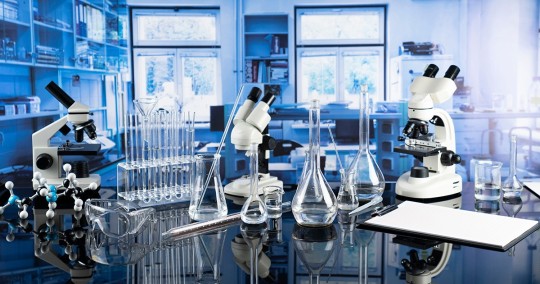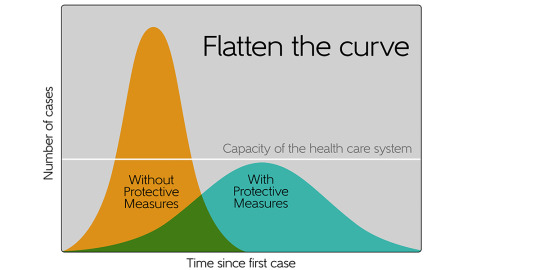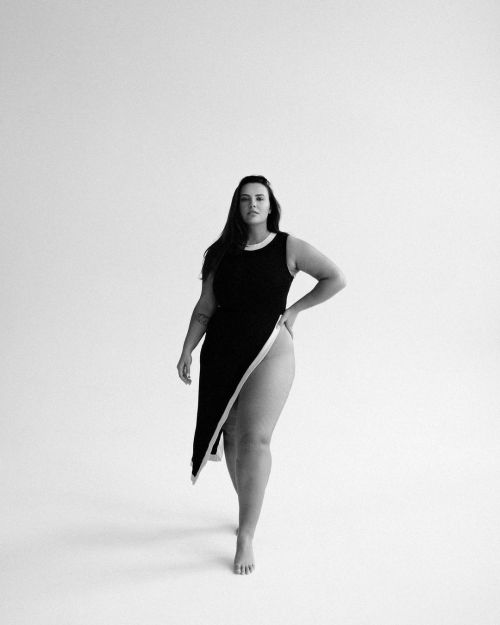#curve model

Luyah is my favorite Pawg
How is it snowing in the summer???

Thx for all of the support fellas!!!
The page is growing fast as fuck!
If you told me 5 years ago girls like Becky Crocker and Kristen Kindle would be following us now, we would say you’re off your rocket .
We will be back @ 100k followers in no time.
We have the best fans!!!

Late night whooty @selmass420
Thick Girl Szn is all year round

I’m no bunny
As the COVID-19 outbreak increases pressure on the UK’s NHS services and frontline staff, leading scientists and businesses are taking on new initiatives to tackle the outbreak. As there is currently no treatment or vaccine for this virus, researchers are working at unprecedented speed to accelerate the development of a treatment. Businesses are putting in more effort to help those on the frontline of this global crisis.

Below, we have highlighted some of the actions from the chemical industry in the effort to battle COVID-19.
INEOS has managed to built a hand sanitzer plant in the UK and will soon open the facility in Germany, aiming to produce 1m bottles per month each to address a supply shortage across the UK and Europe.
BASF will soon be producing hand sanitizers at its petrochemicals hub in Germany to address the shortage in the region.
Ramping up the supply of PPE, AstraZeneca is donating nine million face masks to support healthcare workers around the world. Alongside this, AstraZeneca is accelerating the development of its diagnostic testing capabilities to scale-up screening and is also partnering with governments on existing screening programmes.
Pharmaceutical company Novartis UK, along with several others, is making available a set of compounds from its library that it considers are suitable for in vitro antiviral testing.
GSK has announced that is donating $10 million to the COVID-19 Solidarity Response Fund. The Fund was created by the World Health Organisation (WHO) to help WHO and its partners to prevent, detect and manage the pandemic

Alongside the efforts and initiatives from industries, to continue to aid those on the frontline of this global crisis, social distancing interventions must remain to flatten the curve.
Research and data modelling has shown that policy strategies, such as social distancing and isolation interventions which aim to suppress the rate of transmission, might reduce death and peak healthcare demand by two-thirds.

Stopping non-essential contact can flatten the curve. Suppressing the curve means we may still experience the same number of people becoming infected but over a longer period of time and at a slower rate, reducing the stress on our healthcare system.


Like to keep the skirt on, reblog to take it off ;)

Waiting for detention

I’ve been a bad student :P

Reblog if you would spank me ;)





























